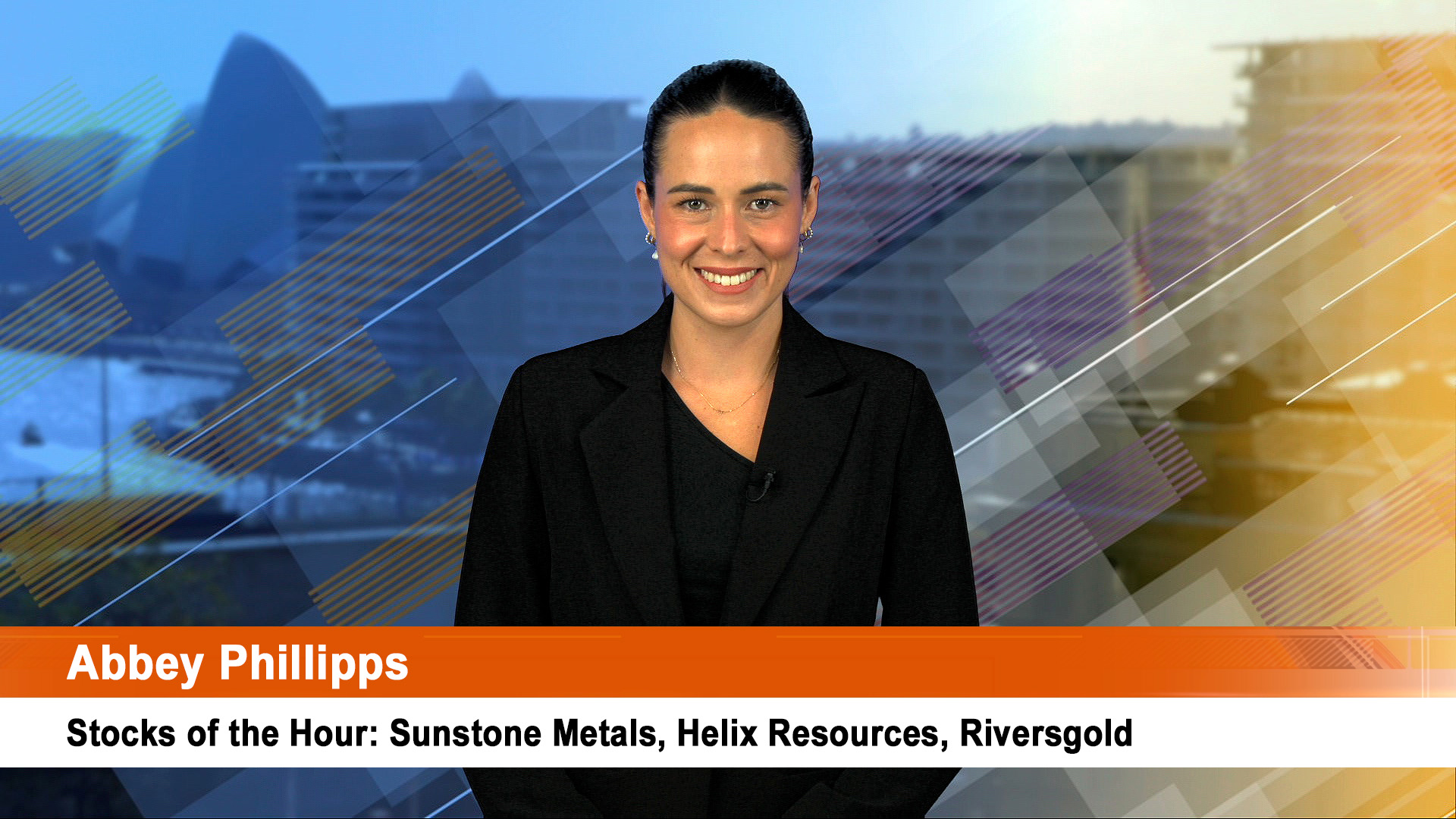Another rough day on financial markets can be expected today after US oil prices fell under $US60 a barrel for the first time this morning, US time.
The slide, to a low of $US59.79, stopped a strong rebound on Wall Street in its tracks after the latest retail sales figures showed US consumers opened their wallets and spent heavily in November, the first direct sign of the impact sliding oil prices have had on US economic activity.
West Texas style US crude oil fell 99 cents, or 1.6%, to settle at $US59.95 a barrel.That marked the lowest settlement since July 14, 2009 for a front-month contract. It then continued falling in after hours trading, touching a low of $US5979, and looking to go lower.
At these levels US futures prices are down 44% from their early June high of just over $US102 a barrel.
In London, January Brent crude slid 56 cents, or 0.9%, to settle at $US63.68 a barrel its lowest level since July 16, 2009.
Wall Street went from being more than 200 points higher, to a closing gain of just 63 points – other indexes also saw big early gains trimmed, while gold lost $US5 to end at $US1,225 an ounce.
The Australian market futures were up in early trading, but it too saw a fall as traders sold off on the falling oil price and the ASX 200 will start trading this morning flat to a small loss, a big turnaround. That was after a big early loss yesterday was trimmed to a small fall after the reasonable jobs data for November were released at 11.30 am.
The Aussie dollar hit a low of 82.15 overnight, close to the four year low hit last week. it then rebounded to top 82.50. The dollar’s initial fall was in response to comments from Reserve Bank Governor, Glenn Stevens that he would like top see the Aussie currency around 75 US cents.
The stronger retail sales figures would have normally pushed US bond yields higher, but the falling oil prices is proving to be a bigger influence and the 10 year bond rate ended this morning at 2.18%. Low inflation is clearly the big story from the uS, accompanies by solid growth.
But what should be worrying investors is the continuing sell off of junk bonds issued by US oil companies, especially those in the fracking sector.
Giant BP has revealed plans to cut $US1 billion from its costs in the next year, while several small fracking companies also revealed plans to slash their investment and drilling programs in 2015 as they face massive falls in revenues.
But the boost to US retail sales – much stronger than anyone had forecast – was the big standout before the late dip in oil prices.
Retail sales climbed in November at the fastest pace since March, when they bounced back sharply from a winter slump and a sharp slump.
Retail sales climbed 0.7%, (a 0.6% after car and gasoline purchases were stripped out).
The Financial Times said economists at Barclays said of the report from the Commerce Department that:
“The November retail sales data, combined with upward revisions to October data, suggest that this pass-through from lower gasoline prices is under way."
And Gennadiy Goldberg, an economist at TD Securities, said:
“Sales look even better on an ex-gasoline basis given the recent fall in gas prices, rising 0.9% during the month and suggesting that consumers are putting the money they save at the pump to work."













